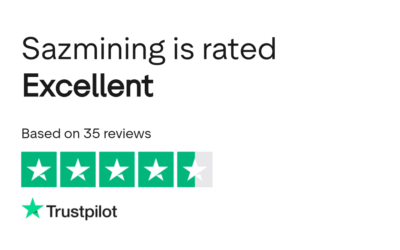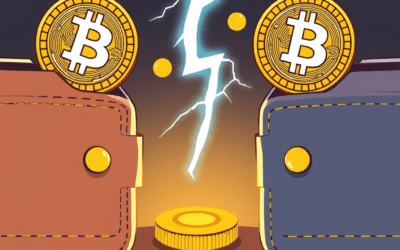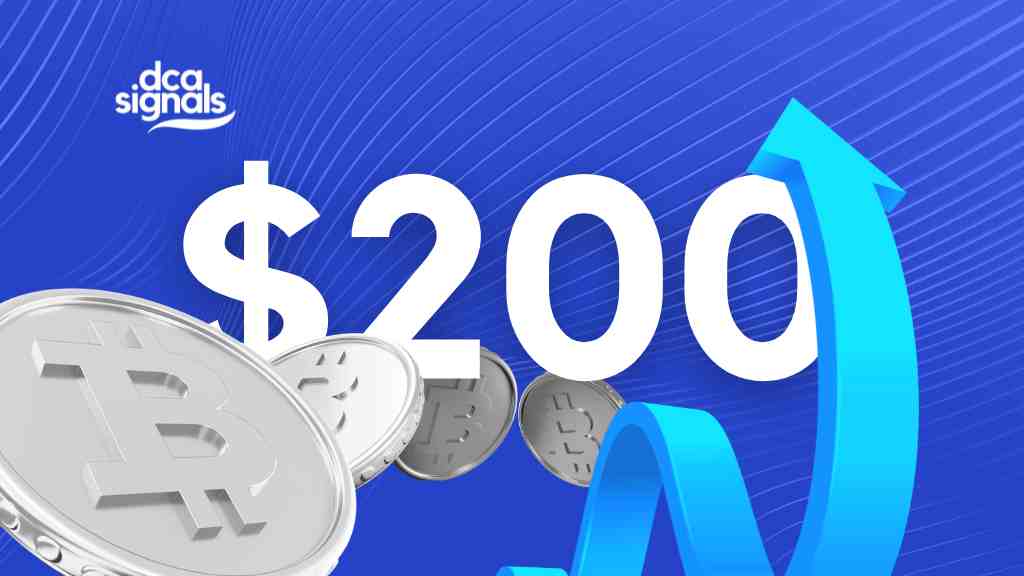Financial education is one of the most underlooked aspects when it comes to wealth accumulation. NerdWallet’s insight in March 2022 revealed that starting at age 23, saving just $14 per day in a compounding index fund could lead to a million-dollar nest egg by age 67. The catch? Time is a crucial factor. Waiting until age 30 requires a 50% increase in savings, and delaying until age 35 demands more than double the initial amount. The main idea: Time is money, especially in the realm of compounding interest, and commencing the investment game early can have a life-changing impact.
Key-Points
- The relevance of financial education becomes paramount, not just for personal financial security but also in navigating the evolving landscape of social safety nets.
- This knowledge underscores the necessity of early financial education to combat the erosion of purchasing power and optimize the growth of saved money.
- Financial education, initiated at home and integrated into the school system, sets the stage for a financially literate society.
Table of Contents
Millennials and the Investment Gap: A Social Security Dilemma
According to Yahoo Finance (June 2019), a staggering 43% of millennials are not investing. This raises concerns about the future impact on Social Security allocation, as 47% of millennials don’t expect to receive anything from Social Security benefits. The relevance of financial education becomes paramount, not just for personal financial security but also in navigating the evolving landscape of social safety nets.
Inflation’s Erosion and the Role of Financial Education
Understanding the inflation rate of the United States Dollar, which stands at approximately 32% from 2010 to today, including 8% in the current year (2022-2023), highlights the importance of financial literacy. The average bank’s Annual Percentage Yield of 0.06% in a traditional savings account means losing about 7% of money when compared to inflation. This knowledge underscores the necessity of early financial education to combat the erosion of purchasing power and optimize the growth of saved money.
Considering the average retirement age of 62 and the decreasing reliability of Social Security benefits, planning for the future is crucial. With an average life expectancy of 16 years post-retirement, as per CDC (2022) data, the focus shifts to how investing can bridge the gap between retirement and life expectancy.
Financial Education: A Crucial Need for Society
Assessing the current financial landscape reveals concerning statistics. A CNBC survey (2021) discloses that 54% of adults carry credit card balances from month to month, with an average annual percentage rate exceeding 16%. Moreover, student loan debt, auto loans, and various forms of consumer debt contribute to the average American’s staggering $90,460 debt burden. The urgency for financial education becomes evident as Americans, despite progress, continue to harbor poor financial habits and accept debt as a norm.
Initiating financial education starts at home, with parents imparting the value of money and the consequences of debt. Schools are also beginning to recognize the importance of financial literacy, with legislative actions such as Florida’s Senate Bill 1054, emphasizing the need for high school students to undergo financial literacy courses. The realization of financial education’s national importance is on the horizon.
A significant development is the increased accessibility of investing for beginners through user-friendly brokerage accounts, real estate investment trusts, and educational initiatives on various fund types and their associated risks. Emphasizing budgeting principles, spending less than one earns, and cultivating good money habits form the foundation of a financially stable future.

Practical Steps Towards Financial Freedom
The value of an emergency cash reserve cannot be overstated. A Bankrate survey (2022) highlights that 56% of Americans are unable to cover an unexpected $1,000 bill with savings. Understanding the significance of emergency savings serves as an indication of financial well-being and resilience in the face of unexpected expenses.
Acknowledging the debt snowball effect, consolidating and prioritizing debt can result in a more efficient payoff strategy. Proverbs 22:26–27 serves as a timeless reminder to avoid becoming surety for debts without the means to repay.
Dave Ramsey’s wisdom encapsulates the central idea that gaining control over money is essential to avoid being controlled by its lack. The foundational principle lies in not attempting to buy things beyond one’s means.
Conclusion
In summary, recognizing the dangers of financial illiteracy and its ramifications underscores the need for immediate action. Financial education, initiated at home and integrated into the school system, sets the stage for a financially literate society. The shift towards investing, coupled with practical steps like emergency reserves and debt management, is crucial for individual well-being and societal progress. Every individual’s commitment to financial literacy contributes to a movement that can reshape the financial landscape. As Dave Ramsey aptly puts it, “Work is doing it. Discipline is doing it every day. Diligence is doing it well every day.”









